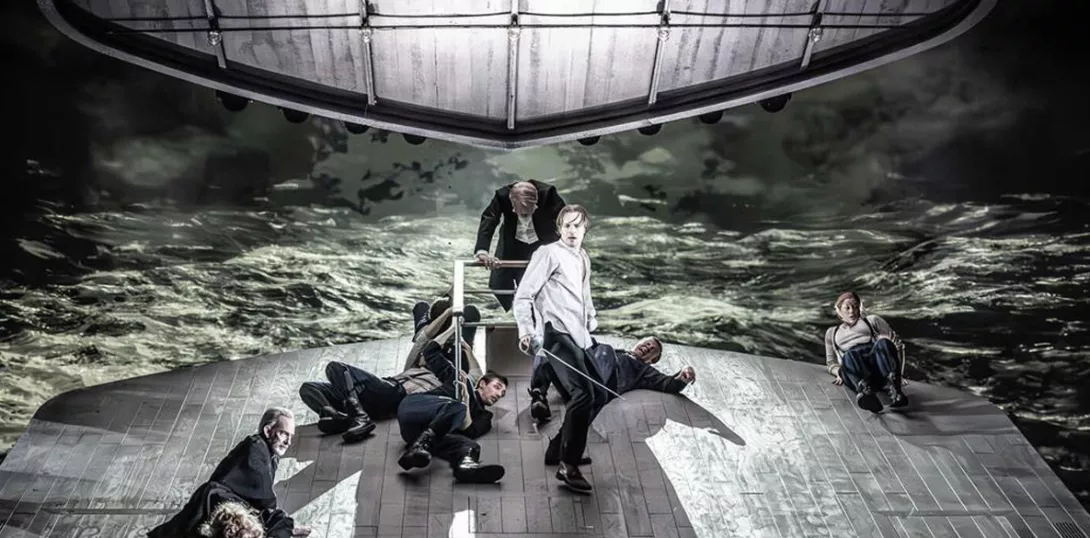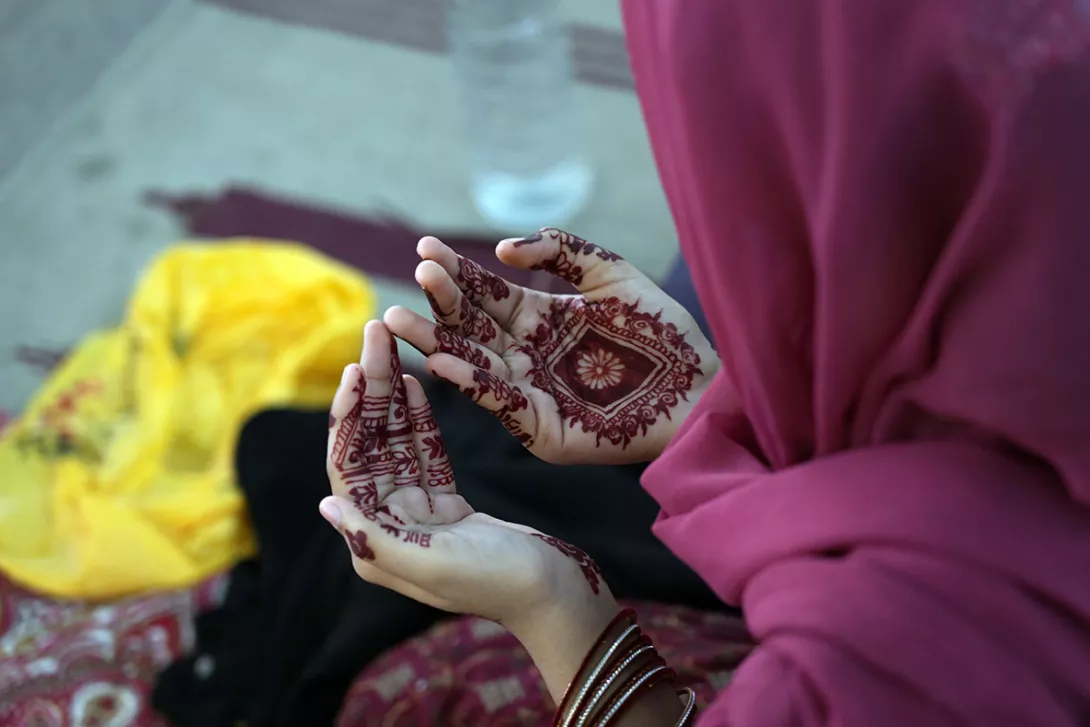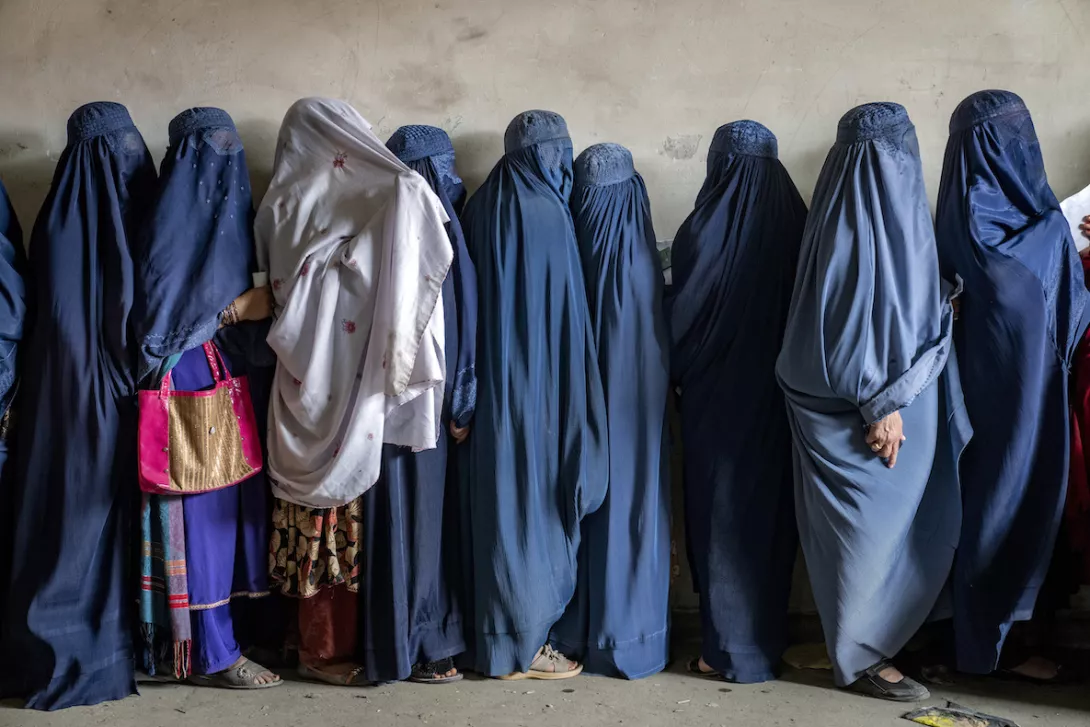GORDON PARSONS is bowled over by a skilfully stripped down and powerfully relevant production of Hamlet
Leaving Kabul
DOC RITCHIE assesses an account of the disastrous evacuation by last British ambassador to Afghanistan
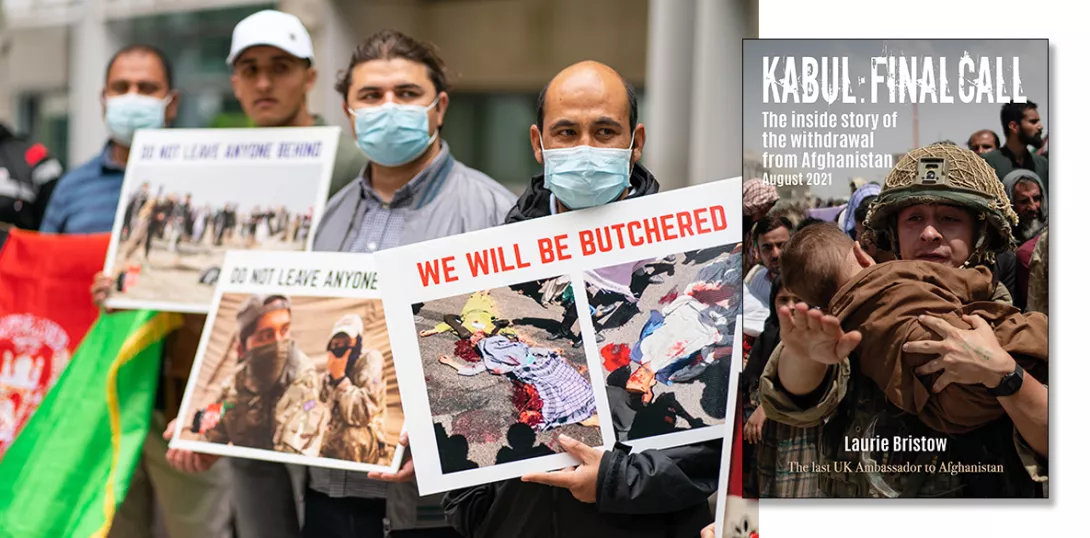
Kabul: Final Call: The Inside Story of the Withdrawal from Afghanistan August 2021
Laurie Bristow
Whittles, £18.99
IN February 2020 Donald Trump signed the Doha Agreement to withdraw US forces from Afghanistan but, like everything else he has said or done, it failed. The Taliban were invited, the Afghan government was not.
Laurie Bristow was the last British ambassador to Afghanistan and his book details the Kabul evacuation. It is part diary and part grim countdown to the inevitable as he attends ambassadorial drinks, lunches and dinners.
More from this author
The phrase “cruel to be kind” comes from Hamlet, but Shakespeare’s Prince didn’t go in for kidnap, explosive punches, and cigarette deprivation. Tam is different.
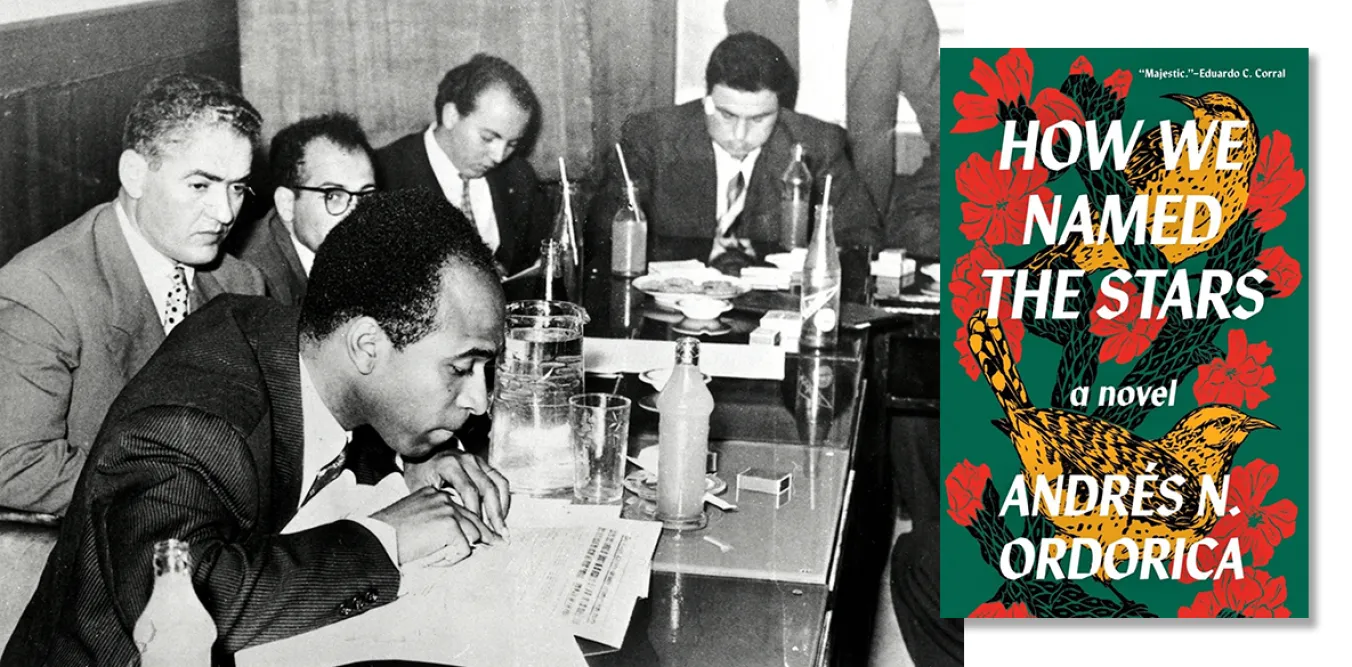
ANGUS REID deconstructs a popular contemporary novel aimed at a ‘queer’ young adult readership

A landmark work of gay ethnography, an avant-garde fusion of folk and modernity, and a chance comment in a great interview

ANGUS REID applauds the inventive stagecraft with which the Lyceum serve up Stevenson’s classic, but misses the deeper themes
Similar stories
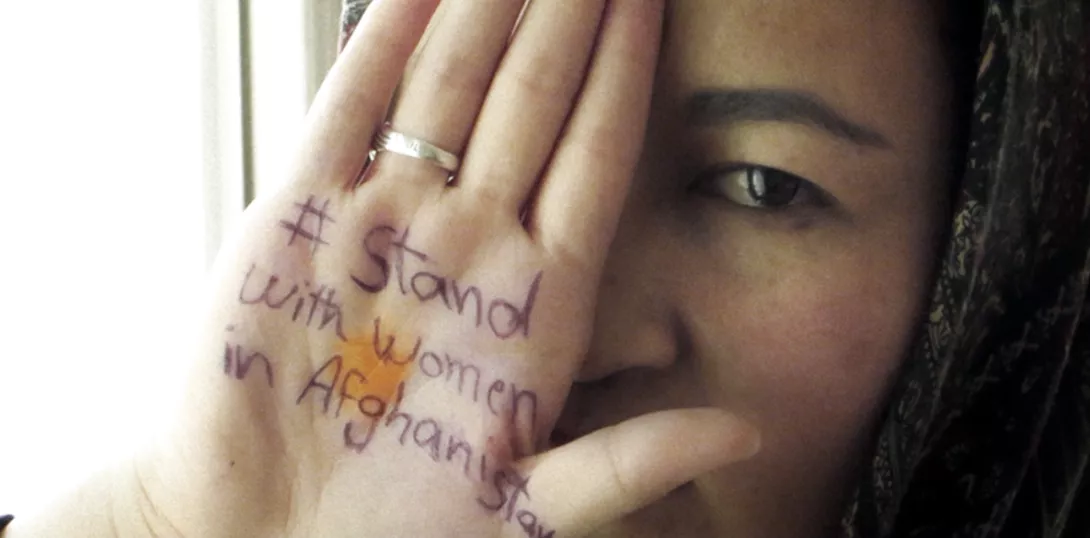
MARIA DUARTE is moved and outraged by a courageous undercover documentary that explores the plight of women in Afghanistan
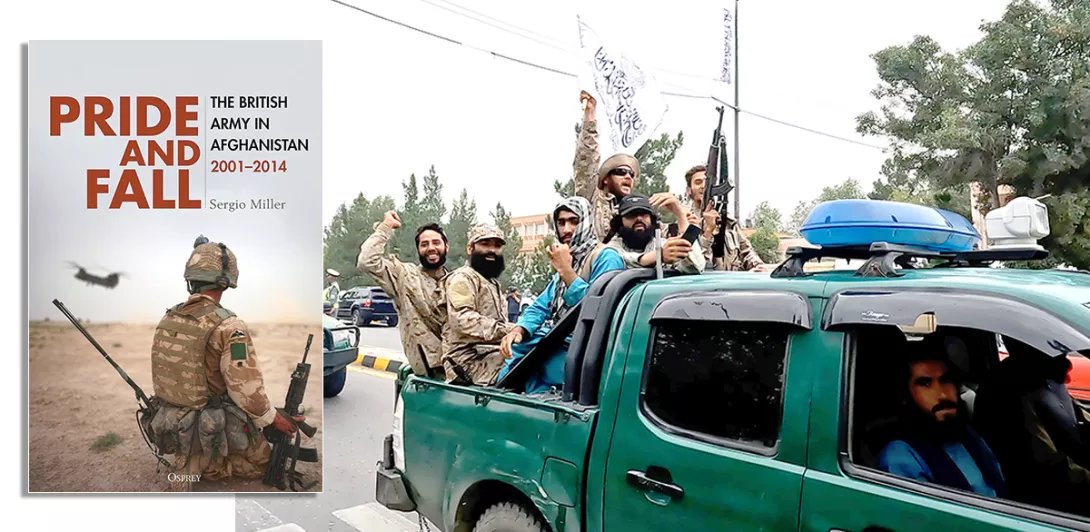
WILL PODMORE recommends a book that spells out the ultimate futility of imperialist wars


